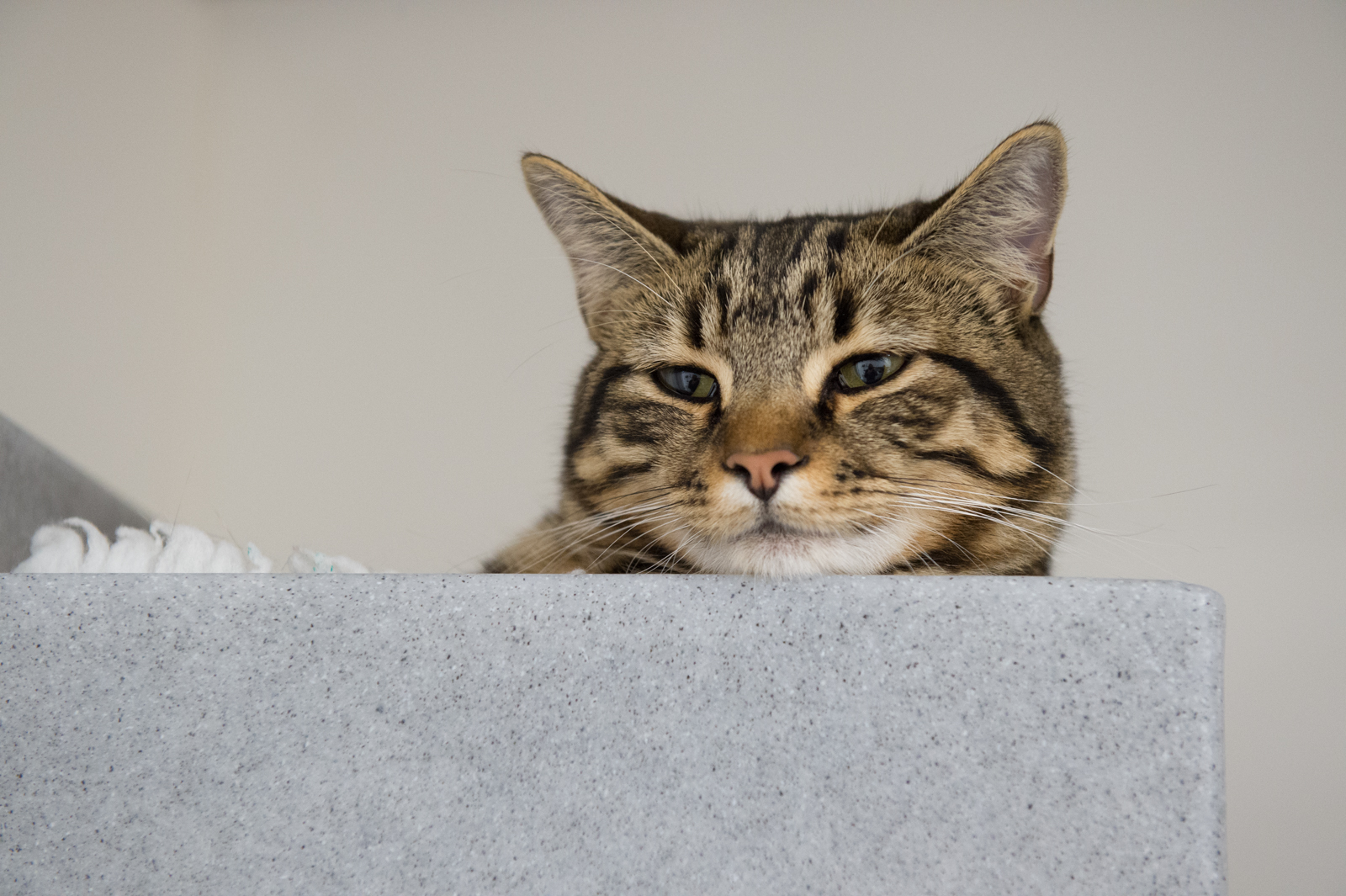As lockdown starts to ease, with people heading back to offices and resuming some sense of normality, the demand for hand sanitisers, which is already higher than ever, is set to surge.
However, the use of alcohol-based hand sanitisers comes with a risk to our pets, says leading cat vet Dr Jeremy Campbell, Clinical Director at The London Cat Clinic www.thelondoncatclinic.co.uk. “There is a risk that if cats lick the hand sanitiser from peoples’ hands, or it becomes attached to a pet’s fur, they will become ill,” he says.
“Most hand sanitisers are ethanol or isopropanol-based with some containing as much as 95% alcohol. Just like other forms of alcohol, if a pet ingests too much ethanol, it can be toxic,” says Dr Jeremy Campbell.
“If a cat ingests significant enough quantities of ethanol it can cause, lethargy, vomiting, coordination problems, weak respirations, and dangerous drops in blood sugar, blood pressure and body temperature. The worst affected can potentially experience seizures and respiratory failure.”
Dr Campbell says that other than using pet friendly reduced or non-alcohol based hand sanitisers, there are several steps cat owners can take to avoid their pet ingesting sanitiser and getting sick.
Dr Campbell recommends the following actions:
– When returning home, thoroughly wash your hands to prevent hand sanitiser getting attached to your cat’s fur and then ingestion through licking or from direct licking of your hands.
– Use alcohol based sanitisers when leaving the house, rather than entering it.
– Remember to store hand sanitisers safely out of reach of all pets.
– Use lower alcohol or no alcohol pet friendly hand sanitisers
– Do not use ethanol based hand sanitisers directly on cats, as they are toxic
– Do not using any disinfectants at all to wash cats
Dr Campbell adds: “If your cat ingests hand sanitiser or any other toxin, I’d advise people to call their vet immediately.”

